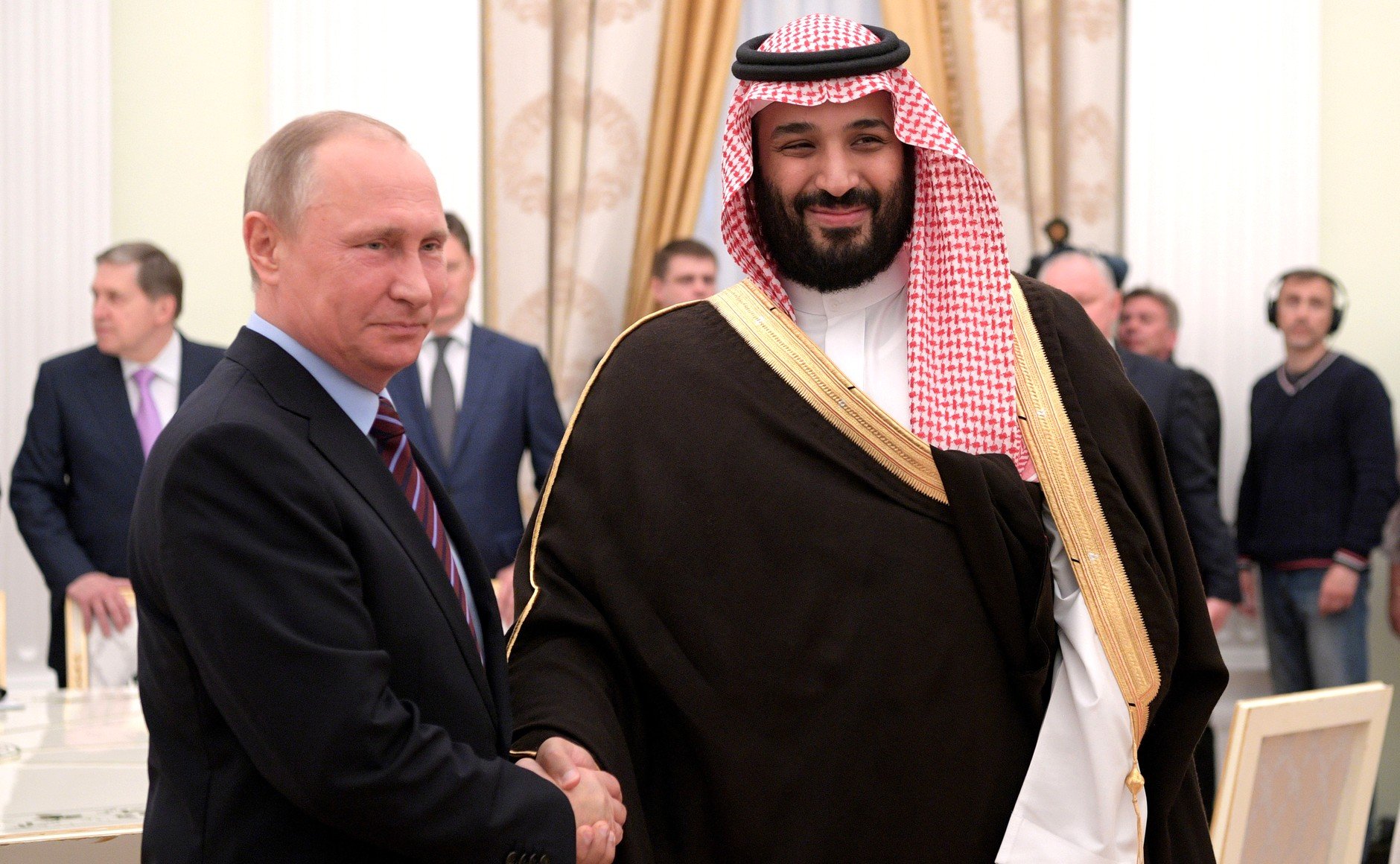Best Practices When Interviewing Autocratic Leaders

The idea of interviewing an autocrat is difficult to stomach for most journalists, as proven when the Washington Post lambasted The Atlantic for interviewing Saudi Arabia’s Crown Prince Mohammed bin Salman on the murder of a journalist in his country. Karen Attiah, the Post’s columnist, wrote that “The Atlantic gave MBS a platform to not only continue his absurd denials of having anything to do with [Washington Post journalist Jamal Khashoggi’s] murder (even though it was carried out by figures in his close circle and the CIA concluded he gave the order to capture or kill), but also to present himself as the real victim.” While this is true of this portion of the interview, the rest of the 12,000-word story highlights issues with Saudi Arabia’s governance, economy, society, and several other points.
In response, The Atlantic wrote a piece titled “Of Course Journalists Should Interview Autocrats.” After recounting the consequences following the release of his previous interview with Salman, writer Graeme Wood noted that autocrats being interviewed is a key nexus of challenging their power.
“A writer cannot stop an autocrat from running his work through the propaganda machine. But that doesn’t mean autocrats should never be written about or asked questions. The fact that they try to claw back quotes and invent stories that do not exist shows they fear the story that does exist, and that exhibits their leader’s delusions and self-regard in his own words.”
But interviewing an autocrat isn’t any regular interview. As autocratic states are well known for violence against journalists, it is not wise to rush into these interviews unprepared and unsafe.
Figure Out The Piece You’re Writing First.
This is step one – making sure you know exactly what you’re hoping to write about before approaching any sort of dangerous or autocratic figure. If the country has diplomats or ambassadors who are from your native country, working with them to understand the inner workings of the country and avoid trouble will be essential. Testing out your reporting plan on a few people first is also recommended.
Research The Subject’s Methods.
All authoritarians follow a basic playbook to keep power and control over their people. Being aware of the specific methods you are about to deal with is extremely important, particularly if one such method is attacking the press. Preparing for you or your work to be tampered with is already essential. However, in the room, you can avoid triggering these by being extra prepared to recognize it and not feed into the cycle.
Calculate The Risk Of Online (And Offline) Threats.
After Wood’s piece on Salman ran, he was contacted by the inner circle of Salman to let him know in no uncertain terms that he would never be coming near the crown prince again. The country also put the interview into its “propaganda machine” until it was distorted into a favorable picture on Salman. Bodily, Wood was safe. But that may not always be the case. Talking with editors and other journalists will be helpful in making these choices.
Keep In Mind How The Citizens View The Country.
It is very hard to gain the trust of anybody, let alone the autocrat of the country, if you come in with an openly critical voice and lens on your work. Mirroring the culture of how people treat their country and their leader will be essential in retrieving honest answers from your subject, as otherwise, you could be in trouble.
You Aren’t There To Fight.
Sometimes, the autocrat/autocrat’s followers will want to draw you into a fight or debate in order to get you in further trouble. You are not there to fight or to debate, you are there to ask your questions and get your answers. Do not engage in these fights. Do not react to any provocation. Later on, describing this in detail will create a more complete picture for your audience.
Use Public Events And Culture To Your Advantage.
Public events are a source of joy for the community, including the leader. Asking a question about that means you will most likely get a direct answer, because the leader is less likely to view that question as “critical” or “not on their side” if you show interest in a public event that they are organizing/have organized. Asking aides or other officials for quotes on these public events may also turn up useful quotes.
Whatever You Think You Know, Assume You Don’t.
The outside bias on an authoritarian country is tempting to give into, particularly if you are studying the events that lead to its fall to authoritarianism. Most often the truest story can only be extracted from the people who lived it, and as your subject wants to appear to have made these changes for the better, they will also have a version of their history ready to go. The autocrat also likely stands for an ideological group or political party, and removing this bias from your brain will enable you to extract a more complete story from them.
Treading carefully around an autocrat is paramount, as they live in carefully constructed versions of the world to suit their needs. One disruption could be catastrophic for a journalist. While danger is (somewhat) part of journalism, without you, the journalist, there is no true story.
